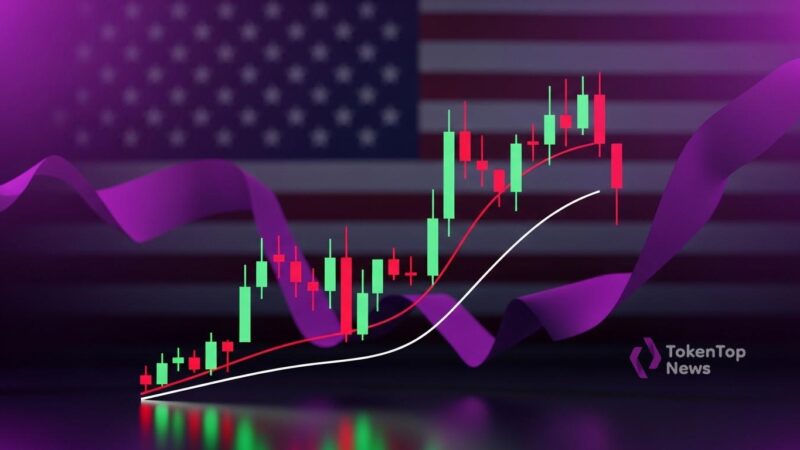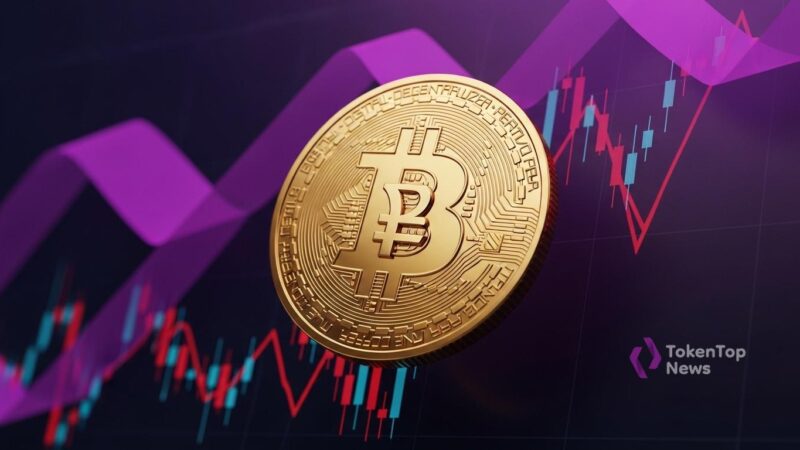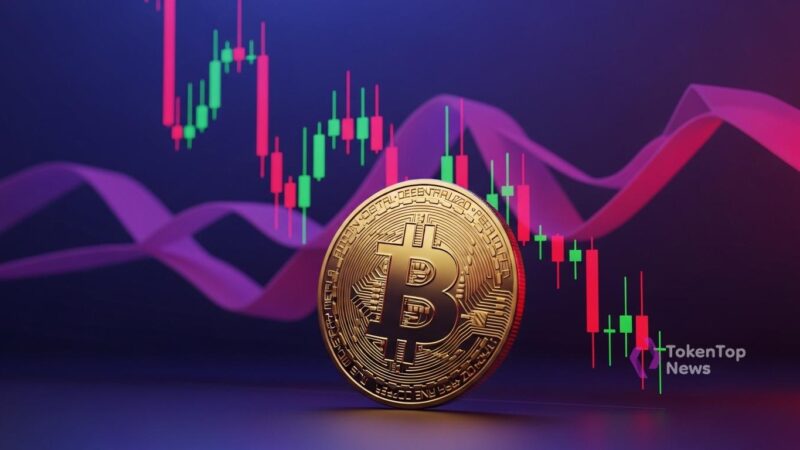Goldman Sachs Expands Cryptocurrency Portfolio with Tokenization Focus
- Goldman Sachs expands focus on digital assets and tokenization.
- Crypto trading operations to grow significantly.
- Strategic industry collaborations are planned.

Goldman Sachs has announced plans to enhance its involvement in digital assets, focusing on tokenization and expanding its crypto trading and lending services. Announced at TOKEN2049, these plans highlight the bank’s growing interest in cryptocurrency markets.
Goldman Sachs recently revealed plans to boost its involvement in digital assets, focusing on tokenization and crypto lending services. Mathew McDermott, global head of crypto, announced these initiatives at TOKEN2049. This move includes intentions to spin out the GS DAP® platform.
Key players in these initiatives include Mathew McDermott, leading the effort to grow crypto trading operations while emphasizing strategic industry partnerships. Goldman Sachs collaborates with Tradeweb to leverage distributed ledger technology.
Goldman Sachs has been increasing its holdings in cryptocurrency ETFs, with an estimated $2 billion in Bitcoin BTC +0.00% and Ethereum ETH +0.00% ETFs. These initiatives show a commitment to investing in the gradually expanding realm of tokenized assets.
Investment in crypto ETFs highlights the growing mainstream acceptance and integration of digital assets. Goldman Sachs’ strategic expansion into digital platforms further cements its role in modernizing financial markets.
“We view permissioned distributed technologies as the next structural change to financial markets and are already demonstrating the meaningfulness of the technology’s perceived benefits.” – Mathew McDermott, Global Head of Crypto, Goldman Sachs Press Release
Historical trends indicate Goldman Sachs’ gradual evolution in crypto investments, from trading cash-settled crypto derivatives to its current tokenization focus. Awaiting regulatory approvals may impact the broader market and its adoption of innovative financial technologies.
In the future, Goldman Sachs’ commitment to digitalization could lead to increased industry competition and collaboration, potentially influencing global financial markets. Regulatory challenges might arise, but the shift to digital assets signals a larger transformation within financial industries.




